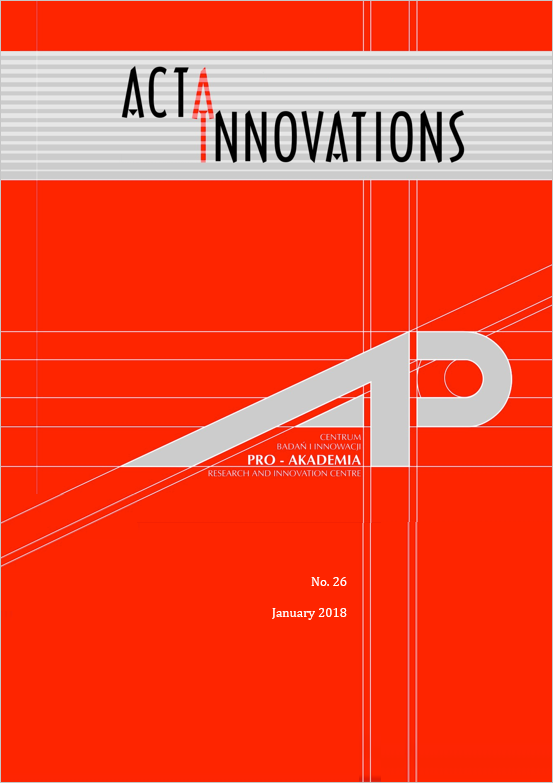SELECTED AIR POLLUTANTS IN URBAN AND RURAL AREAS, UNDER THE INFLUENCE OF POWER PLANTS
SELECTED AIR POLLUTANTS IN URBAN AND RURAL AREAS, UNDER THE INFLUENCE OF POWER PLANTS
Author(s): Robert Cichowicz, Artur StelęgowskiSubject(s): Energy and Environmental Studies
Published by: Centrum Badań i Innowacji Pro-Akademia
Keywords: air pollution; rural area; urban area; power plants
Summary/Abstract: The operation of large power plants, including power stations, and combined heat and power stations, causes the emission of significant amounts of gaseous pollutants into the environment. As a result, in the urban and agricultural areas occurs a pollution of undesirable gaseous substances, such as nitrogen and sulfur oxides. This is especially dangerous for living organisms, soil and water, because, in combination with water vapor, these pollutants are the cause of acid rain. In addition, nitrogen oxides participate in the formation of ground-level ozone, which affects both human health and the condition of existing vegetation. Therefore, the distribution of air pollutants (NO2, SO2 and O3) in the selected urban and rural areas, under the influence of power plants, located in the Lodz Voivodeship, in Poland, in Central-Eastern Europe, was analyzed for a 10-year period (2007–2016). As a result, it was possible to evaluate the impact of the entry into force of Directive 2008/50/EC of the European Parliament and of the Council of 21 May 2008 “on ambient air quality and cleaner air for Europe” on the changes in emissions and concentrations of pollutants in selected locations. As a result of the analysis, a significant decrease in the concentration of SO2 (by 75% in the urban area and by 59% in the rural area), and small changes (from - 8% to + 12%) in NO2 and O3 concentrations in ambient air were found. This indicates the effectiveness of actions aimed at reducing SO2 emissions, however the influence of the power plants on the concentration of air pollutants in these areas is not clear. At the same time, considering the criterion of permissible concentration of ozone and nitrogen dioxide, although the air quality did not improve, the air quality index can be considered as being in the category of "good".
Journal: Acta Innovations
- Issue Year: 2018
- Issue No: 29
- Page Range: 41-52
- Page Count: 12
- Language: English

